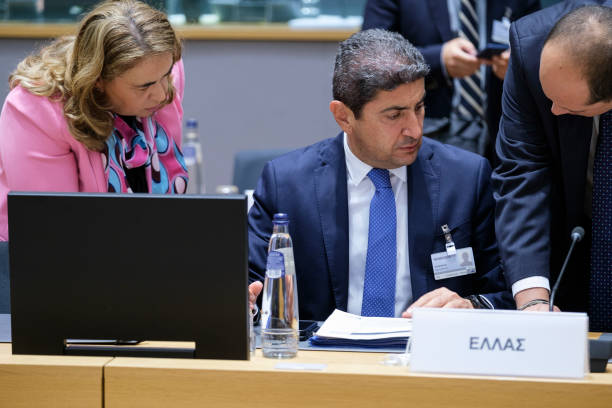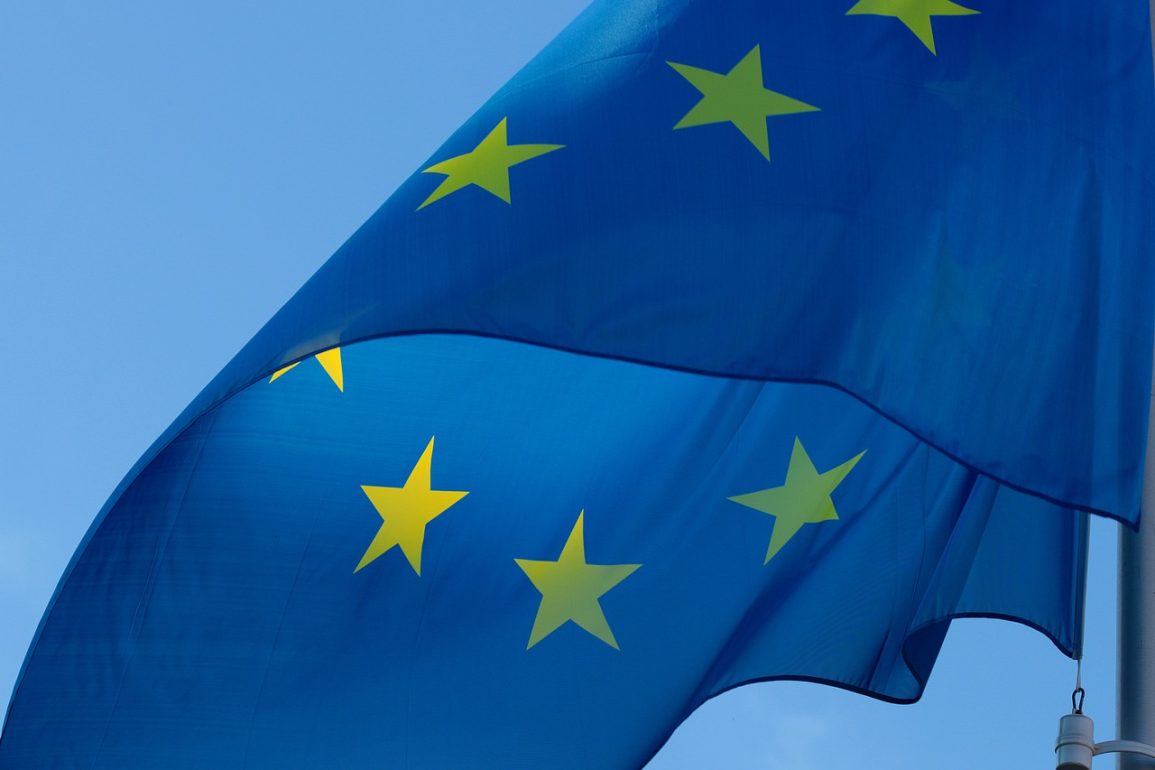The European Union (EU) faces a critical challenge in reducing the environmental harm caused by its agriculture sector.
Greenhouse gases and pollutants from farming are contaminating the land, air, and water, undermining efforts to safeguard nature and combat climate change.
However, proposed green reforms have met resistance from farmers and far-right groups, leading to the watering down or abandonment of several policies.
The state of Europe’s environment is dire. The European Environment Agency (EEA) reports that over 80% of habitats are in poor condition, and only a quarter of species are considered to be in a healthy state.
Soil health is similarly poor, with nitrogen overuse and pesticide residue affecting most of Europe’s agricultural land. The cost of soil degradation is staggering, estimated at €50 billion annually.

To address these issues, the EU introduced several measures aimed at reducing agriculture’s environmental footprint.
These included stricter rules on fertilizer use, the protection of natural areas, and requirements for farms to meet “good agricultural and environmental conditions” in exchange for subsidies under the Common Agricultural Policy (CAP).
However, recent setbacks have undermined these efforts.
Key provisions, such as the requirement to dedicate a portion of farmland to nature-friendly practices like tree planting, were scrapped.
Furthermore, regulations to reduce pesticide use and restore ecosystems, including peatlands and wetlands, were heavily diluted.
Also, the EU plans further reforms to create a more sustainable food system.
These include shifting towards plant-based diets, reducing animal protein consumption, and supporting farmers financially during the transition.
Despite this, disagreements persist, particularly on whether farmers should be held financially responsible for their environmental impact.
The agriculture sector’s contribution to greenhouse gas emissions remains minimal, and without further action, the EU’s climate and biodiversity goals may be unattainable.

